What Is Sleep Paralysis?
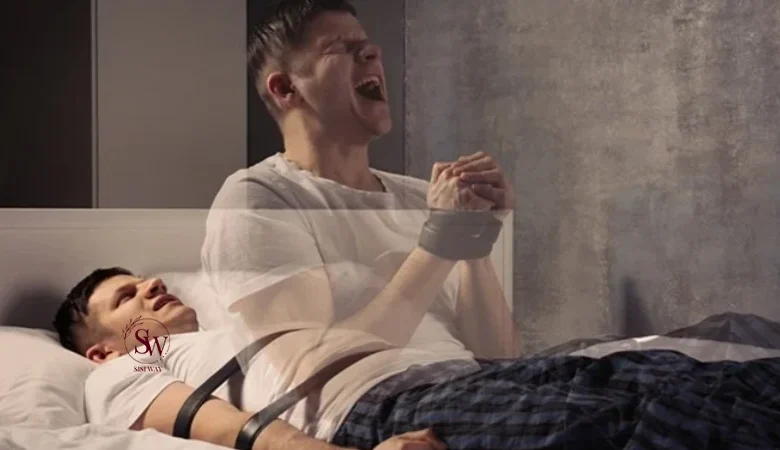
Sleep paralysis is a perplexing phenomenon that has intrigued scientists, researchers, and sufferers for centuries. It is a state where an individual finds themselves temporarily unable to move or speak while transitioning between sleep and wakefulness. This article delves into the intricacies of sleep paralysis, exploring its causes, symptoms, and potential solutions.
What is Sleep Paralysis? Sleep paralysis is a sleep disorder characterized by a temporary inability to move or speak while falling asleep or waking up. During an episode of sleep paralysis, individuals may feel conscious but unable to move their muscles, often experiencing a sense of pressure or a feeling of being held down. This phenomenon can be accompanied by hallucinations, which can be terrifying for those experiencing them.
What Causes Sleep Paralysis?
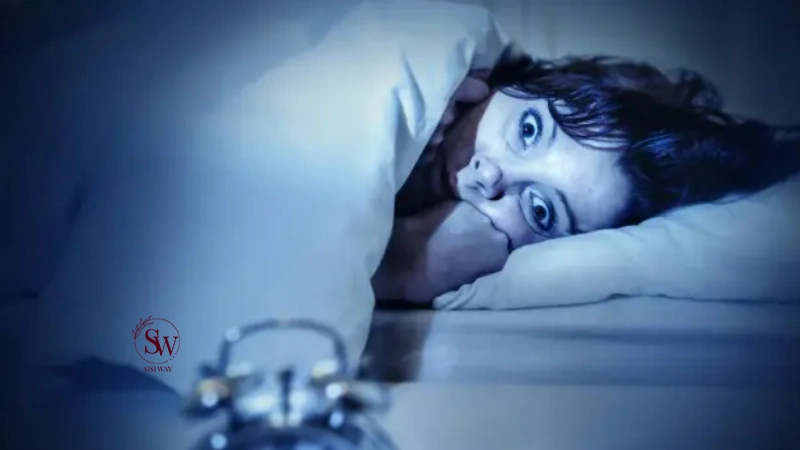
The exact causes of sleep paralysis are not fully understood, but several factors have been implicated in its occurrence:
- Disrupted Sleep Patterns: Sleep paralysis often occurs during periods of disrupted sleep, such as when individuals are experiencing sleep deprivation or irregular sleep schedules.
- Rapid Eye Movement (REM) Sleep: Sleep paralysis is most commonly associated with REM sleep, the stage of sleep where vivid dreams occur. During REM sleep, the body enters a state of temporary paralysis to prevent individuals from acting out their dreams. In some cases, individuals may become partially or fully aware during REM sleep, leading to sleep paralysis.
- Genetics: There may be a genetic predisposition to experiencing sleep paralysis, as it often runs in families.
- Sleep Disorders: Certain sleep disorders, such as narcolepsy, can increase the likelihood of experiencing sleep paralysis.
Symptoms of Sleep Paralysis
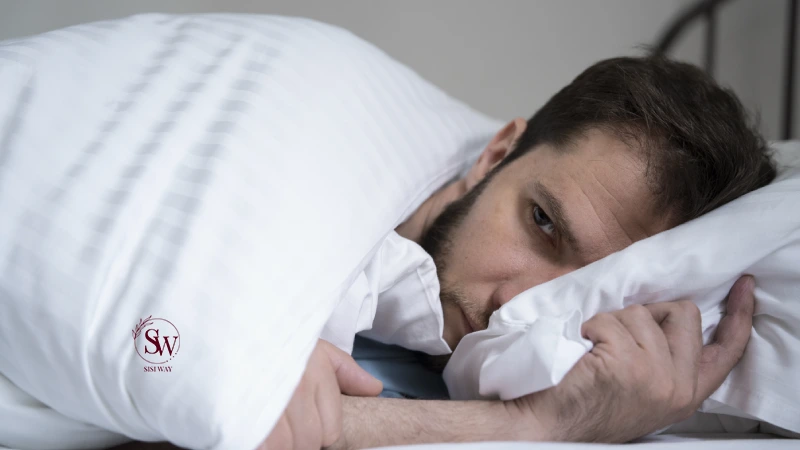
The symptoms of sleep paralysis can vary from person to person, but common experiences include:
- Inability to move or speak: Individuals may feel paralyzed and unable to move their limbs or vocalize.
- Hallucinations: Visual, auditory, or tactile hallucinations are common during episodes of sleep paralysis. These hallucinations can range from mild to extremely vivid and may be accompanied by a sense of dread or fear.
- Feeling of Pressure: Some individuals report feeling a sensation of pressure on their chest or body, as if something is weighing them down.
- Anxiety and Fear: The experience of sleep paralysis can be frightening, leading to feelings of anxiety and fear.
How to Avoid Sleep Paralysis?
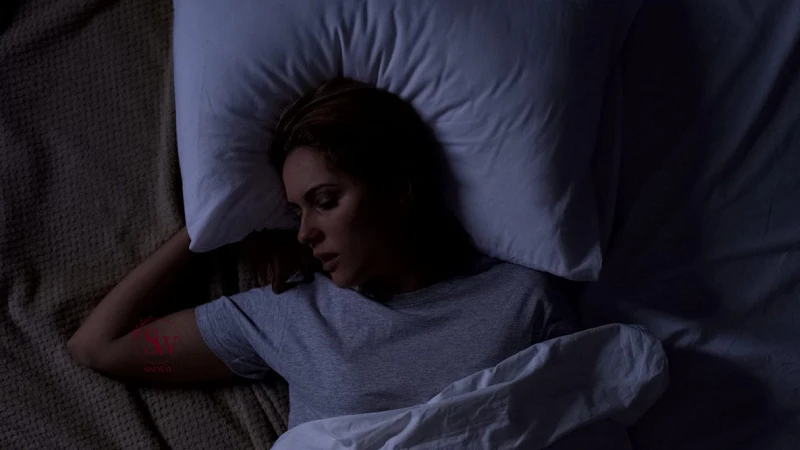
While there is no definitive cure for sleep paralysis, there are several strategies that may help reduce the frequency and severity of episodes:
- Improve Sleep Hygiene: Maintaining a regular sleep schedule, avoiding caffeine and electronic devices before bedtime, and creating a relaxing bedtime routine can help improve overall sleep quality and reduce the likelihood of sleep paralysis.
- Manage Stress: Stress and anxiety can exacerbate sleep paralysis, so finding effective stress management techniques such as meditation, deep breathing exercises, or therapy can be beneficial.
- Treat Underlying Sleep Disorders: If sleep paralysis is occurring as a result of an underlying sleep disorder such as narcolepsy, seeking treatment for the primary condition may help alleviate symptoms.
- Sleep Position: Some individuals find that changing sleep positions can reduce the frequency of sleep paralysis episodes. Sleeping on your side rather than your back may help prevent episodes.
- Medication: In some cases, medication may be prescribed to help manage sleep disorders or anxiety that contribute to sleep paralysis.
Is sleep paralysis dangerous?
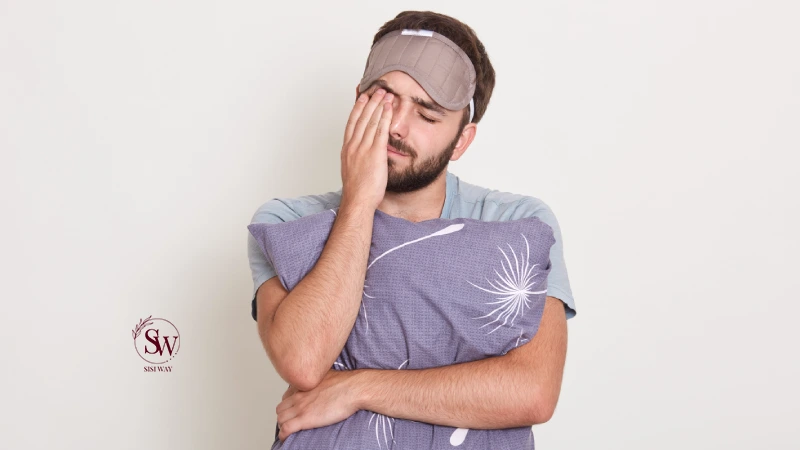
While sleep paralysis itself is not physically harmful, it can be psychologically distressing for those who experience it. The sensation of being unable to move or speak, coupled with hallucinations and feelings of pressure, can induce fear and anxiety during an episode. However, it’s essential to recognize that sleep paralysis is a natural occurrence and typically does not pose any long-term health risks. Nevertheless, individuals who frequently experience sleep paralysis or find it significantly impacting their daily life should seek guidance from healthcare professionals to address any underlying sleep disorders or psychological concerns.
Can sleep paralysis kill you?
Sleep paralysis itself is not inherently life-threatening. While the experience can be frightening, particularly due to the accompanying hallucinations and sensations of being unable to move, there is no evidence to suggest that sleep paralysis can directly cause death. However, in rare cases, extreme stress or anxiety during an episode of sleep paralysis could potentially trigger other health issues or exacerbate existing conditions. It’s important to approach sleep paralysis with a balanced perspective, recognizing it as a transient phenomenon that, while unsettling, is not typically associated with fatal outcomes. If you have concerns about your health or experience symptoms that seem related to sleep paralysis, consulting with a medical professional is advisable for proper evaluation and guidance.
FAQs:
- Can anyone experience sleep paralysis?
Sleep paralysis can occur in people of all ages and genders, although it is most common in adolescents and young adults. - How long does sleep paralysis last?
Episodes of sleep paralysis typically last for a few seconds to a few minutes, although they can feel much longer to those experiencing them. - Can sleep paralysis be prevented?
While it may not be possible to completely prevent sleep paralysis, maintaining good sleep hygiene and managing stress levels may help reduce the frequency of episodes. - Is sleep paralysis a sign of a serious underlying condition?
Sleep paralysis is often a benign phenomenon, but it can sometimes be associated with underlying sleep disorders such as narcolepsy. If you are experiencing frequent or distressing episodes of sleep paralysis, it is recommended to consult a healthcare professional for evaluation and appropriate management.
Conclusion: Sleep paralysis remains a fascinating and enigmatic phenomenon, with much still to be learned about its causes and mechanisms. While it can be a distressing experience for those who suffer from it, understanding the factors that contribute to sleep paralysis and implementing strategies to improve sleep quality and manage stress can help alleviate symptoms and improve overall well-being. If you or someone you know is experiencing sleep paralysis, it is important to seek support from healthcare professionals who can provide guidance and assistance.



